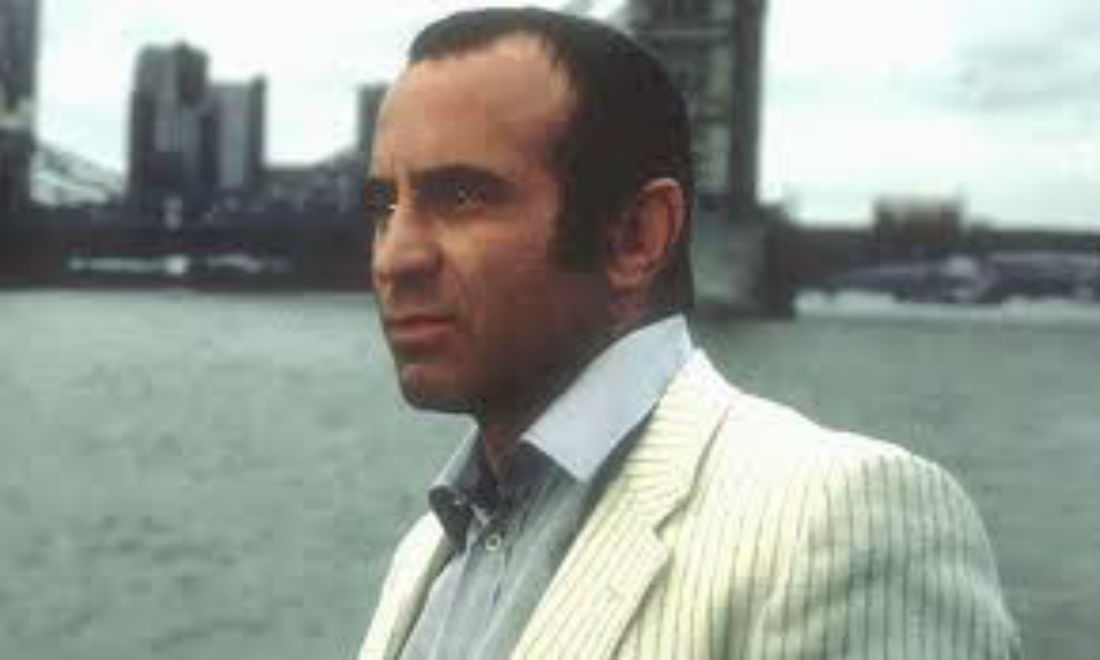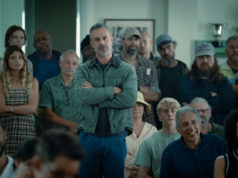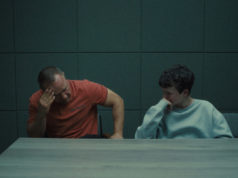I intended to post this earlier, but other post-worthy subjects got in the way. Earlier this week, Bob Hoskins passed away from pneumonia at the age of 71. The actor had announced his retirement from acting two years ago due to his increasing troubles with Parkinson’s disease. He had been widely feted during a career that spanned more than 40 years, but his legacy goes well beyond awards.
A child of World War II, Hoskins was born to a truck driver and a nursery school teacher in Suffolk. His formal schooling ended when he was 15, as he took various jobs as a bar bouncer, window cleaner, and road construction worker before stumbling into an acting career, as he accompanied a friend to an audition. A short, balding man who was almost 40 when his film career started in earnest, he always retained a bit of street roughness in him even when he was playing lords. He always maintained that he was a mere entertainer, and who knows? Maybe if he’d taken his job a bit more seriously, there’d be less junk on his resumé like Spice World and Son of the Mask. Still, his unpretentious outlook fit with the humility with which he carried himself.
In 1978 he starred in the British TV series Pennies From Heaven as a 1930s music salesman whose belief in the romantic optimism of the songs he sells proves to be his downfall. Hoskins had to lip-sync to recordings of songs from the period as part of the musical numbers that illustrate the story, and his effervescence in these interludes only accentuates his character’s tragic fall. His breakthrough role in films came in the 1980 thriller The Long Good Friday, in which he plays a brutal gangster kingpin. There you can see the raw force and brutality that makes him command a room full of tough guys despite his short stature. (The actor once described his physique as “five-foot-six cubic.”) You can also see him developing all kinds of romantic and sexual chemistry with the much-taller Helen Mirren. In 1986, he displayed yet another side of himself in Neil Jordan’s drama Mona Lisa, as a small-time hood who is tapped to drive a high-class prostitute (Cathy Tyson) to her gigs and also spy on her. He got his lone Oscar nomination for this performance, though he lost to Paul Newman in a year when many voters felt the American actor was due for an Oscar after having lost so many times previously. You can see the entirety of Mona Lisa on YouTube right now, and watch the conflicting emotions as Hoskins struggles to understand this woman who keeps herself an enigma.
Despite the acclaim, he was mostly unknown to American audiences in 1987 when he was cast in the lead in Who Framed Roger Rabbit?, playing a hard-bitten Hollywood private eye dealing with cartoon characters. He was meant to be the grumpy foil to the frenetic Roger and the other toons, but damned if Hoskins doesn’t securely hold down the middle of the proceedings, playing against the likes of Bugs Bunny and Mickey Mouse as if they were Laurence Olivier and John Gielgud. He became disenchanted with Hollywood a few years later after the flop of the movie version of Super Mario Bros., and really, who could blame him? But he still managed to deliver some memorable performances like the fading mogul in Hollywoodland who, after a marriage riven by infidelity on both sides, takes his wife’s wrecked face in his hands and tells her, “You’re beautiful. You will always be.” Even in paycheck roles like the maitre d’ in Maid in Manhattan, he exits the movie with this beautiful little speech about the dignity it takes to work a service job.
I must confess my favorite Hoskins performance is the one he gave in BBC’s Othello, part of the series the network did in the 1970s and ’80s filming all of Shakespeare’s plays. (Over on Slate, Dana Stevens beat me to this one.) Hoskins’ Iago is the most fascinating one I’ve ever seen. In contrast to the elegant Iagos offered up by the likes of José Ferrer and Micheál MacLiammóir, this one is a coarse, funny guy who knows how to relate to his fellow soldiers. Yet he’s bubbling with malevolence inside, and he’s all the more dangerous for seeming like an ordinary schlub sitting next to you at the bar. Movies usually favor those with matinee-idol looks, but over the course of his career, Hoskins showed us all how a man who looked like him could also be strong, weak, kind, cruel, hot-tempered, cool-headed, and everything else that makes us human beings so complex. We always need actors like him.












